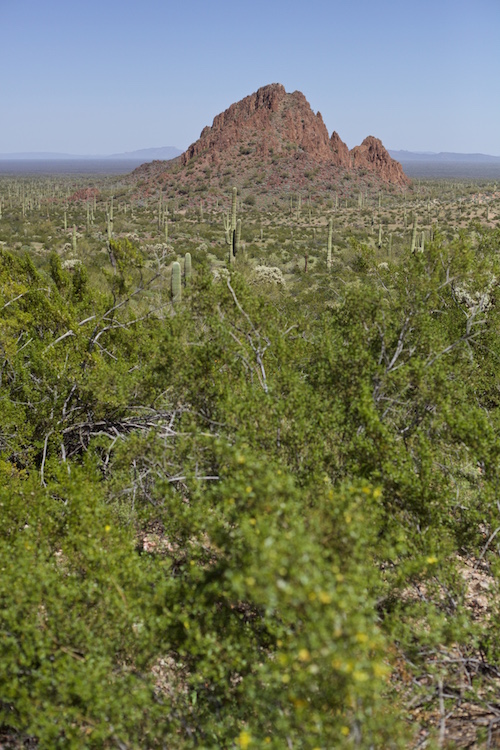April 14, 2015 - 00:32

My oh my, Terry Tempest Williams is a phenomenal writer. Her style, a blend of personal experience, social critique, historical exploration, dependent clauses, stories, and portraits of places integrates beauty and thoughtfulness in contemplative and thought-provoking ways. In reading, my experiences and other readings came up left and right throughout in unexpected ways.
MFK Fisher, in her anecdotal/philosophical/poetic/nonfictional blend of a WWII cookbook How to Cook a Wolf, writes on the practice of “keeping the wolf at bay” through pragmatic culinary action. In one sense, the wolf is the human appetite, always returning and clawing at the door to be satisfied. In another, the wolf is human desire, something to be tamed and placated by discipline. And in yet another, the wolf is despair—the fear that gives way to anguish and hopelessness. We must keep the wolf at bay to retain our dignity, our passion for life, and our compassion for one another. Williams is, in many ways, getting at these themes as she cries out for a life filled with feeling and open to risk. In wildness, we risk being free.
Some cherry-picked quotes from the reading:
“When in the presence of natural order, we remember the potentiality of life, which has been overgrown by civilization” (8). I want to explore this quote more. I have a vague sense of what she means about the “potentiality of life,” but I’m curious about what y’all are thinking, too.
She calls on us to “embrace the Feminine” and “commit our vulnerabilities not to fear but to courage—the courage that allows us to write on behalf of the earth, on behalf of ourselves” (59). This embrace is counter to a reductionist utilitarian perspective of the world as binary, as conquerable, as created for humans alone. It steers us away from the archetypes of Western dualist thinking (in its many forms) and towards paradox, interrelationship, interdependence and independence.
“Time has so little meaning in the center of the desert. The land holds a collective memory in the stillness of open spaces. Perhaps our only obligation is to listen and remember....
Silence is our national security, our civil defense. By destroying silence, the legacy of our deserts, we leave no room for peace, the deep peace that elevates and stirs our souls. It is silence that rocks and awakens us to the truth of our dreams” (124).

Sonoran Desert, March 9th, 2015
